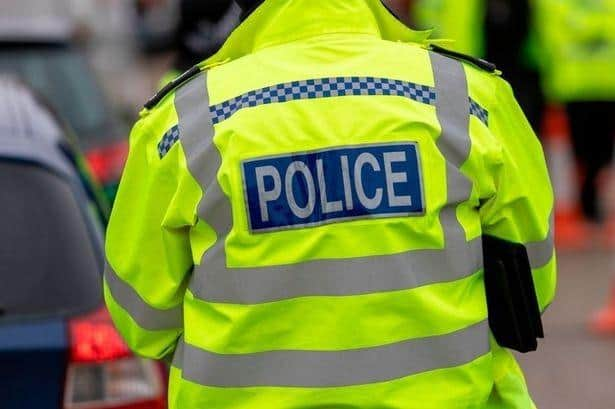Drugs decriminalisation Scotland: Has prohibition and 'the war on drugs' ever worked?
To understand the arguments in favour of decriminalisation, we need to first understand the legislation around drug use and the “war on drugs” that has dominated policy thinking since the mid-20th century.
The rationale behind the prohibition of certain drugs is due to the harms they cause people through addiction, serious side effects and the potential for lethal overdoses – if they were freely available, they would cause harm to the health and wellbeing of the general population, much like alcohol and tobacco do.
Advertisement
Hide AdAdvertisement
Hide AdUntil 1916, opiates and cocaine were available in pharmacies. But a growing number of troops returning from the First World War with addictions to these substances led to the government banning them. However, doctors were still able to prescribe these drugs to people with addictions.


This was known as “the British system” and allowed some addicts to remain functioning members of society.
The United States took a much more prohibitionist stance on drugs, due to moral outrage, the rise of organised crime and racism. The Nixon administration cracked down on heroin due to its association with African-American communities at the time, and cannabis due to its association with the anti-Vietnam war “hippie” movement.
That led to pressure on the rest of the world to follow suit, and soon the UK Government introduced criminal penalties for possession by individuals of small amounts of drugs, as well as possession with intent to traffic or deal in drugs.
Since then, politicians of every era have appealed to voters by appearing “tough on crime”. When contacted regarding the Scottish Government’s fairly moderate proposals, a UK Government spokesperson said “there are no plans to alter our tough stance on drugs”.
Has it all been worth it? In a word, no. Drugs are endemic in society. Much like prostitution, ingesting chemicals and plants for their recreational effects has likely been around as long as humans have. And like prostitution, you can decry its morality, you can outlaw it, you can turn a blind eye and pretend it doesn’t happen in your neighbourhood – but it still endures.
Drugs such as heroin and cocaine are widely available in every Scottish town and city.
Police Scotland has failed catastrophically at preventing drugs from entering our communities, and there is very little evidence it has ever stemmed the flow, no matter how much money is thrown at the problem.
Advertisement
Hide AdAdvertisement
Hide AdThe harms associated with drugs, such as crime, the health problems associated with the chemicals used to ‘cut’ drugs and increase their bulk for profit, and the ability of children and young adults to purchase them unsupervised, all come from the fact drugs are prohibited.
The rationale behind decriminalisation is we can’t control the presence of drugs in our communities – that will happen regardless of what we believe the morality of drug taking is.
What we can control is how those drugs are managed. It can be either distributed by doctors or by gangs, either medical-grade or cut with poison, and treated either as a health issue or a criminal matter – in a jail cell or a hospital bed.